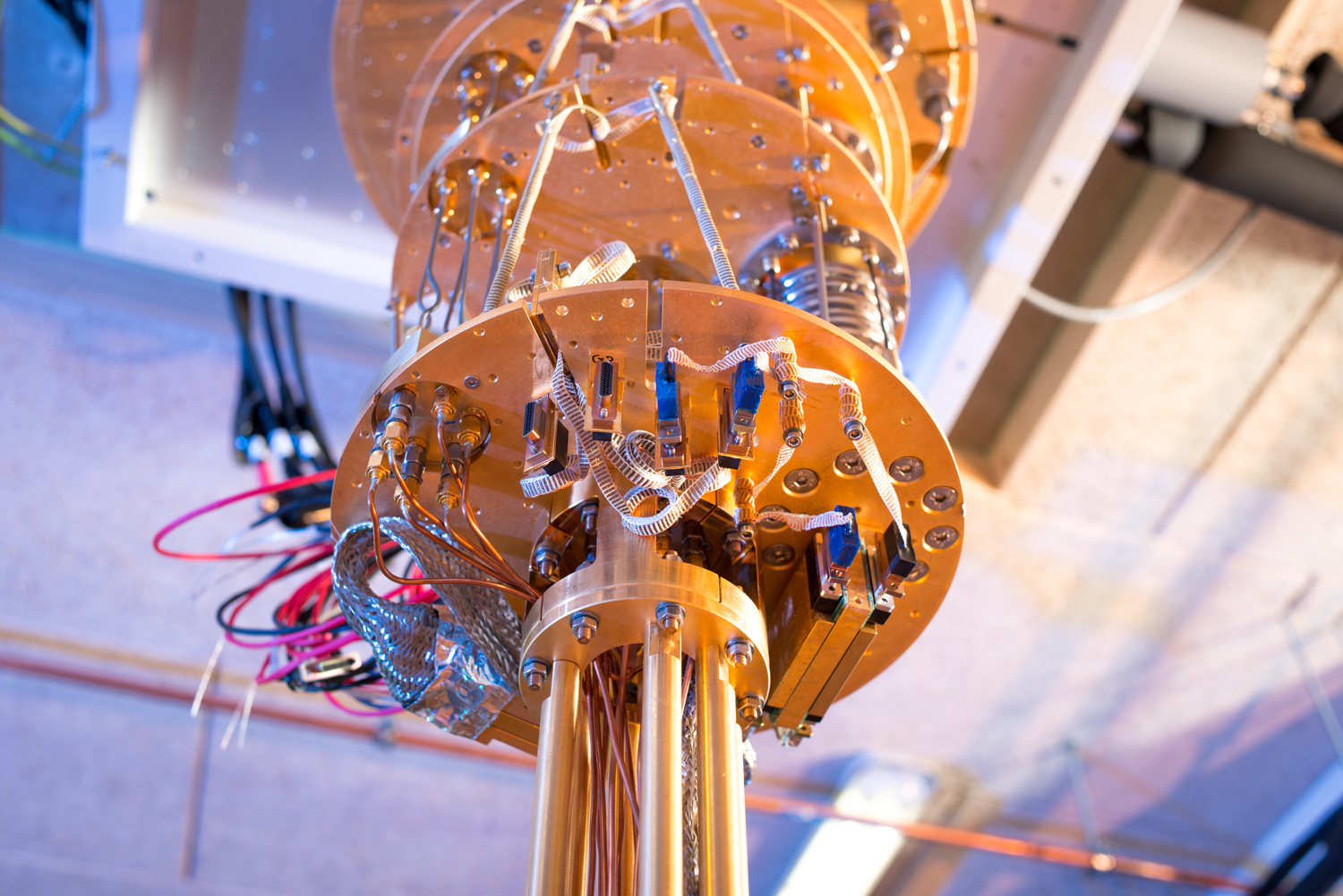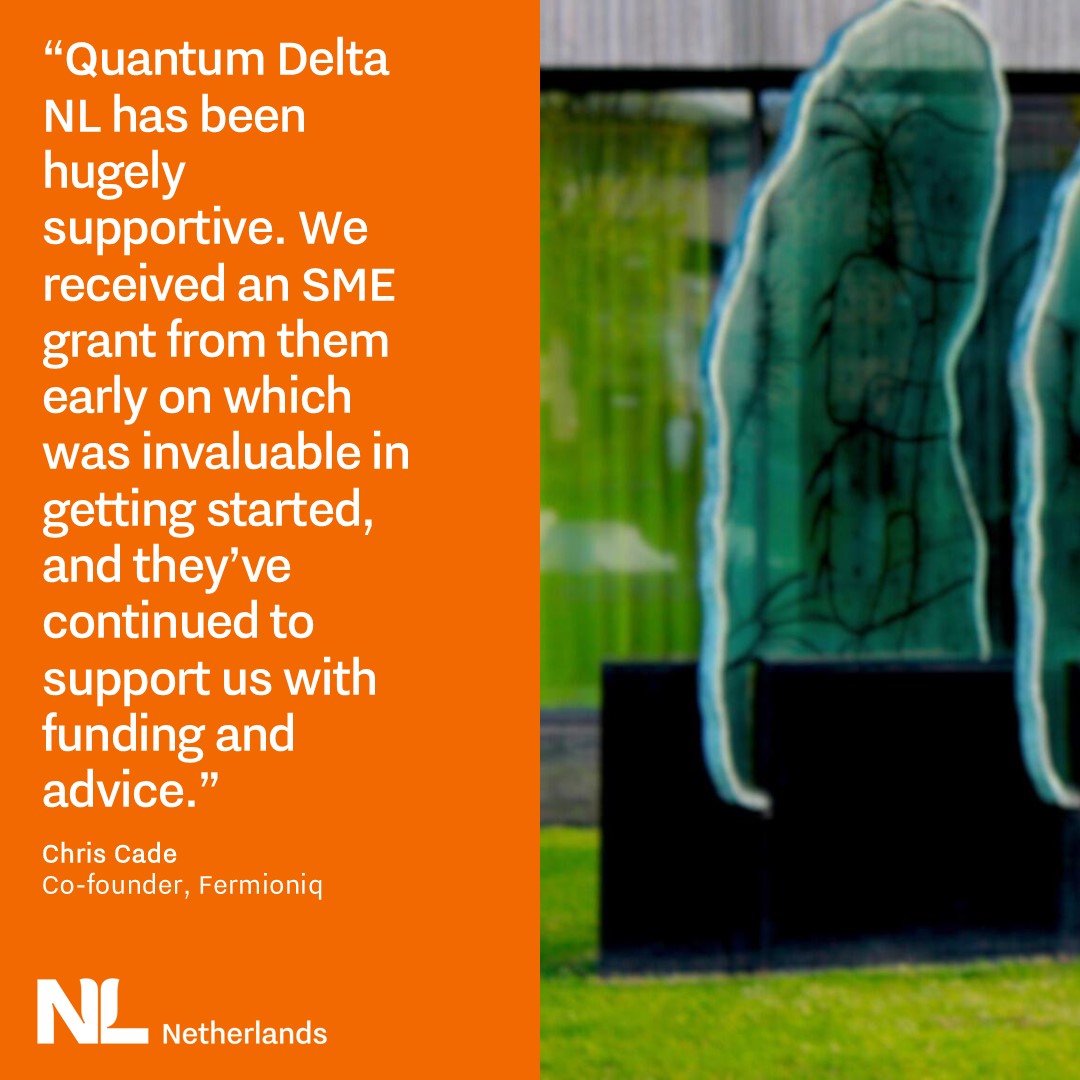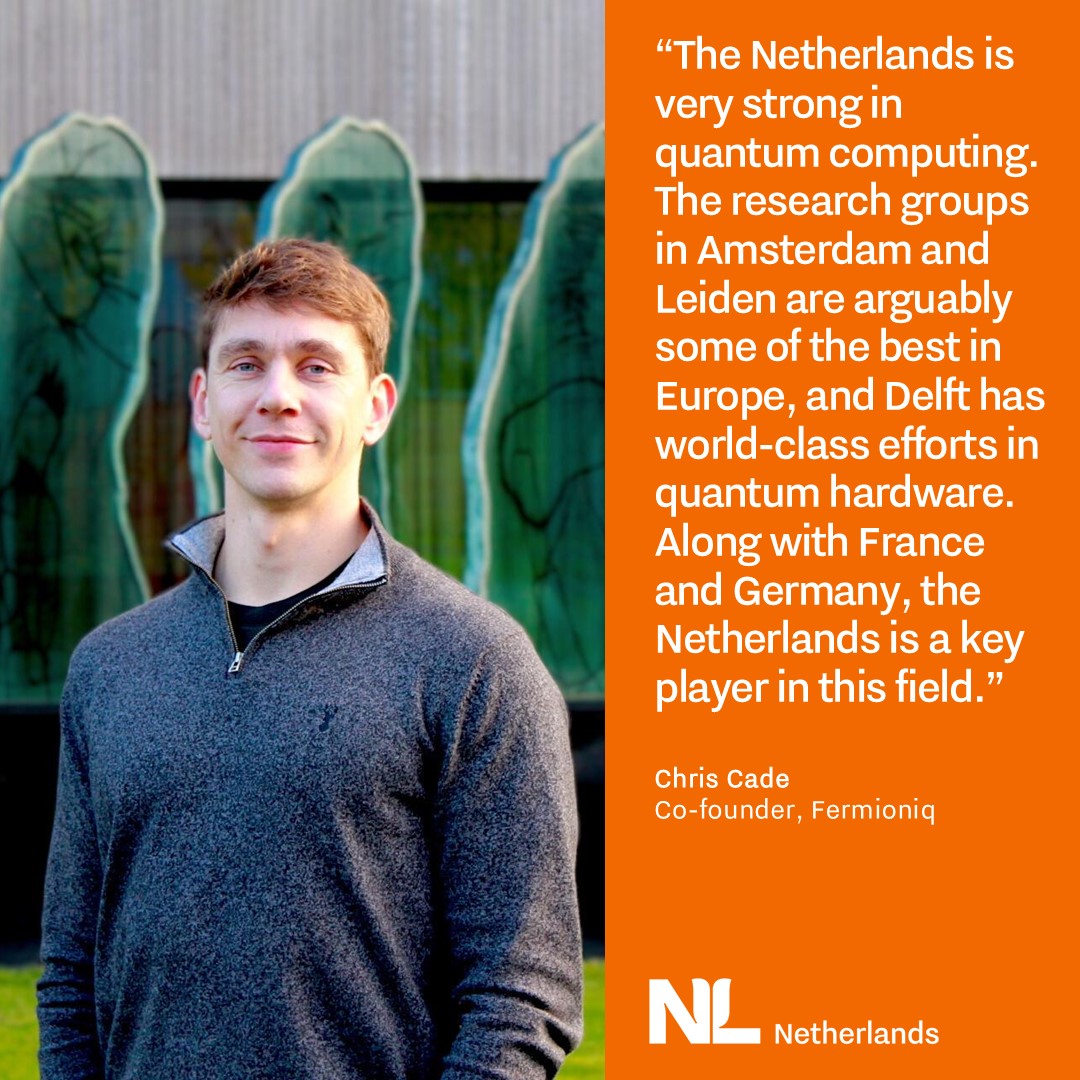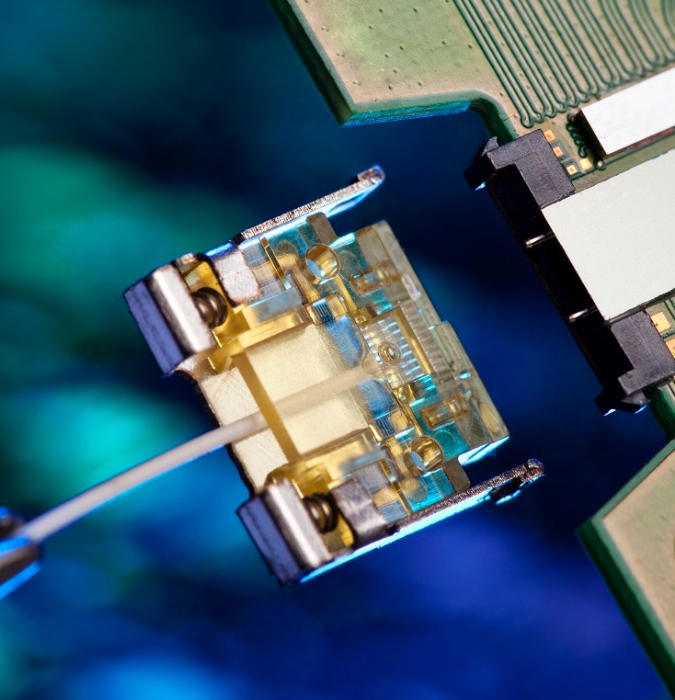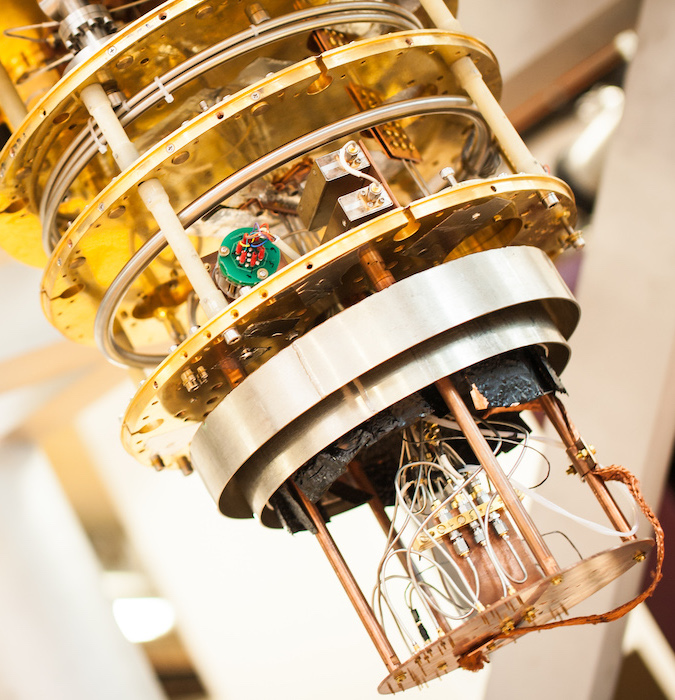The Dutch government champions quantum innovation through strategic policies and the National Agenda Quantum Technology. It maintains a supportive regulatory framework through:
€615 million National Growth Fund (NGF) investment
A tax ruling for international talent
WBSO R&D tax credits covering up to 40% of research costs,
Innovation Box’s reduced 9% tax rate on qualifying R&D profits.
Quantum Technology Impact Fund
€250 million Deep Tech Fund
Simplified intellectual property regulations for quantum startups
Strategic partnerships with EU’s €1 billion Quantum Flagship program
Regional hubs like Amsterdam Science Park and Delft’s Quantum Campus offer fast-track startup permits and research facilities.
Julian Rabbie, a quantum technology strategy consultant at TNO, highlights the Centre for Quantum and Society’s role in addressing quantum technology’s legal and societal impacts. The government develops policies governing quantum technology use while ensuring privacy compliance, including investments in domestic quantum computing capabilities for secure data processing within national borders.
